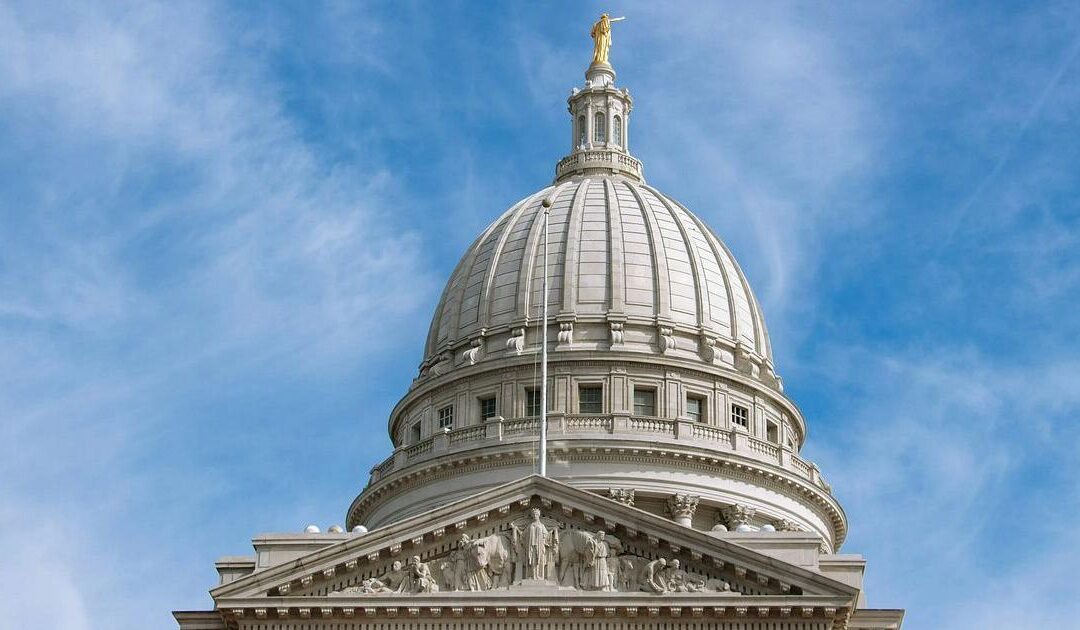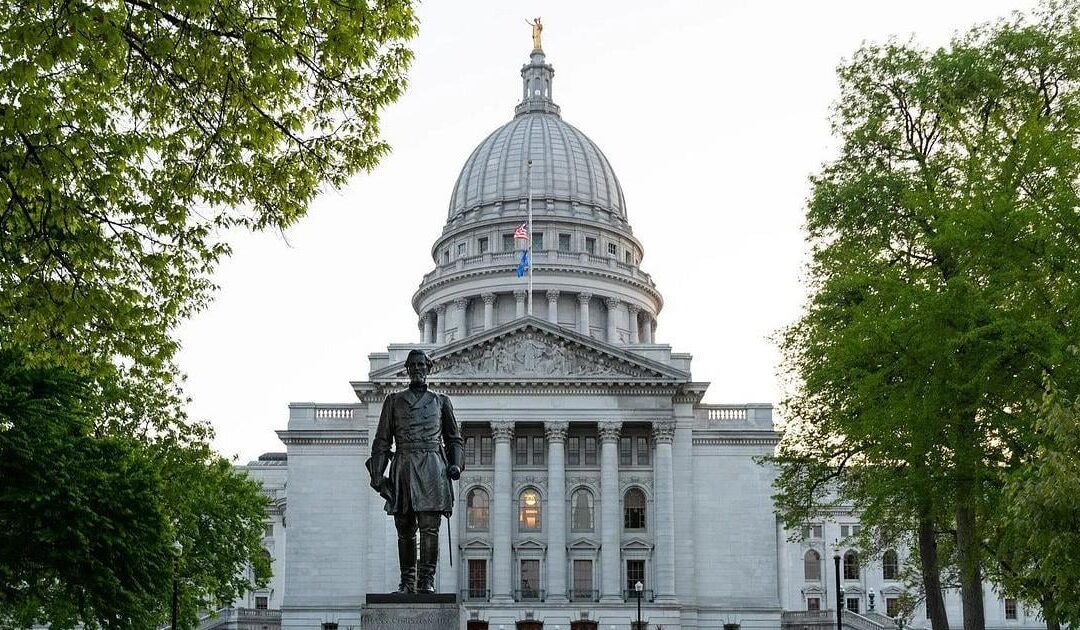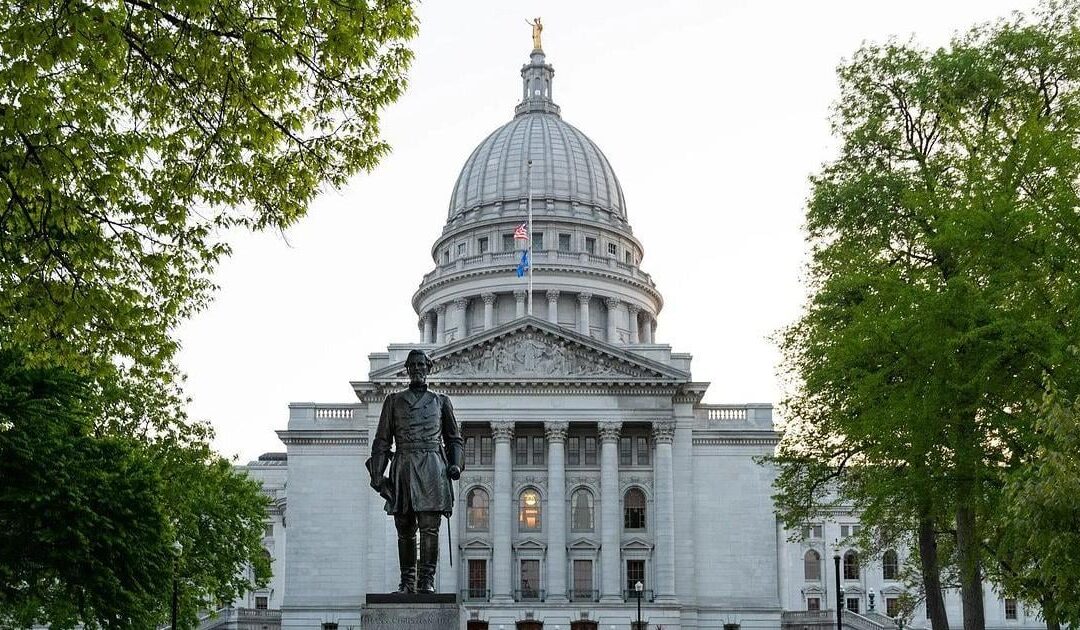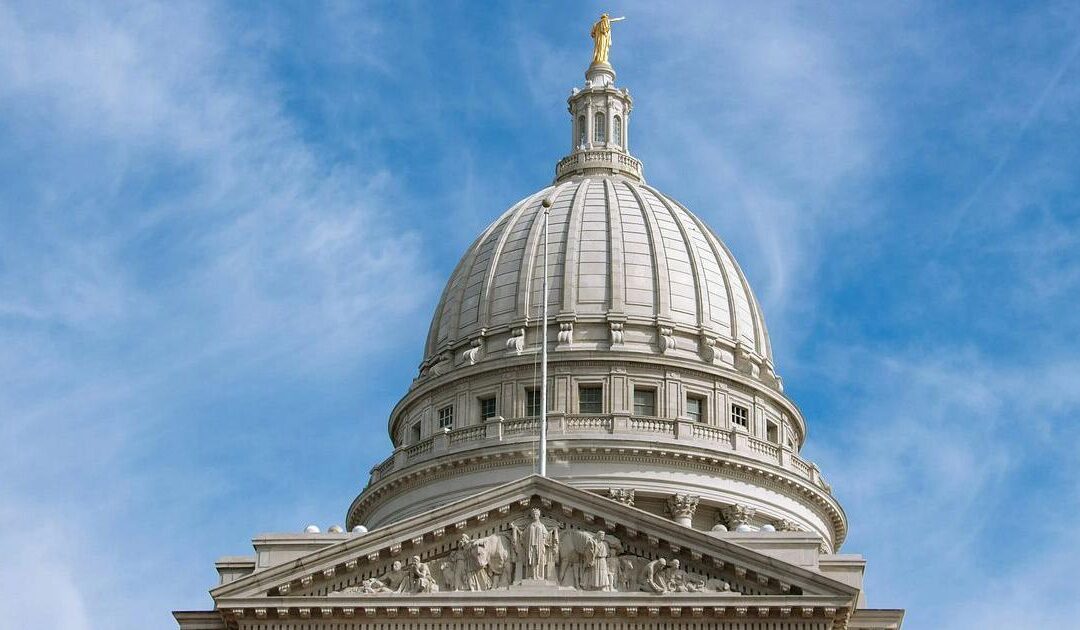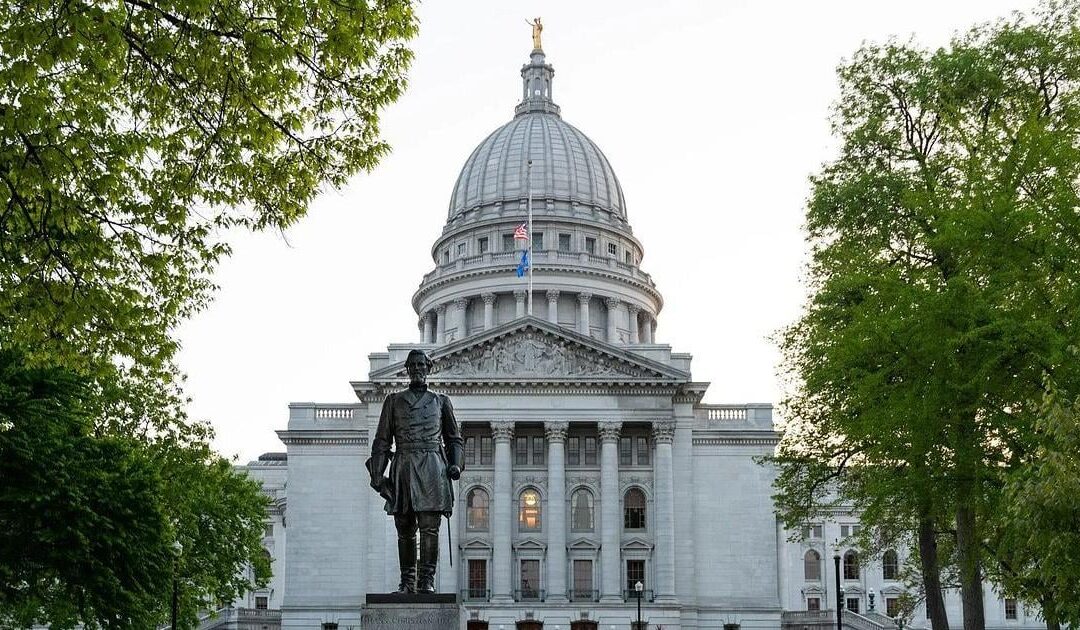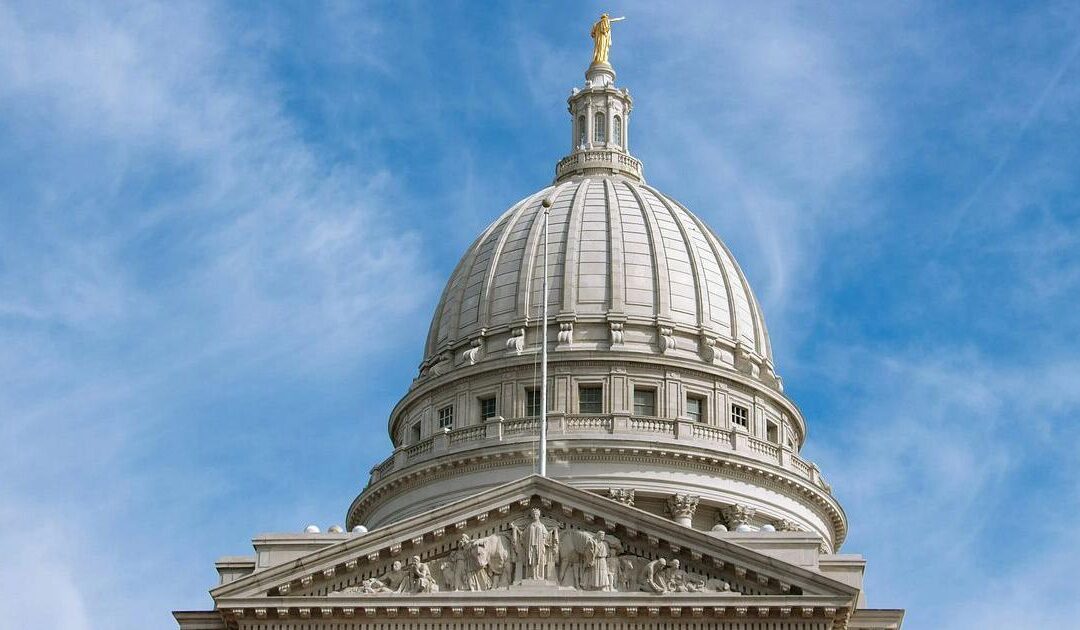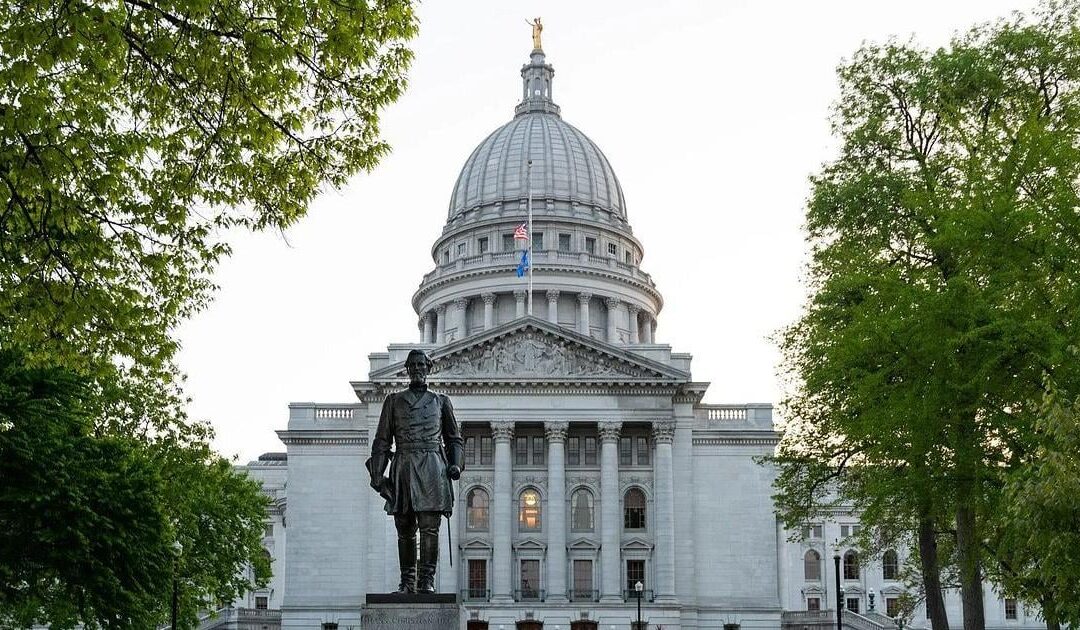(The Center Square) – A new Marquette poll shows that 64% of Wisconsin voters oppose legalizing online sports betting in the state.
This comes as the Wisconsin Assembly passed a bill last week to enable the state’s tribes to conduct online sports wagering and it waits for action in the Senate.
The Marquette poll showed that 34% of voters are in favor of the legalization.
The poll asked questions of 818 Wisconsin registered voters between Feb. 11-19.
The opposition was across the board as 61% of Republicans opposed legalizing sports wagering, 66% of Democrats opposed it and 74% of independents are in opposition.
The poll showed that 71% of those who oppose religious services at least weekly are opposed to legalized online sports wagering and 62% of those who attend religious services less often are opposed.
Sen. Chris Kapenga, R-Delafield, wrote in a newsletter that legislative offices “got slammed with emails urging opposition” before the Assembly decided to delay its November vote. He compared the arguments saying that sports wagering is already happening in the state to the arguments supporting the legalization of marijuana.
The Assembly then took up the bill and passed it on its last day of business.
“Besides the dangers of gambling addiction and its social costs, I’m not a fan of funneling more money to one party that holds a monopoly on sports wagering in Wisconsin,” Kapenga wrote. “The Governor has expressed support for this proposal and has tremendous power over its outcome. I certainly wouldn’t want to bet the house on him doing the right thing, and I will be watching to see if this topic picks up steam in January.”
Senate leadership hasn’t indicated if it will take up the bill or when.
